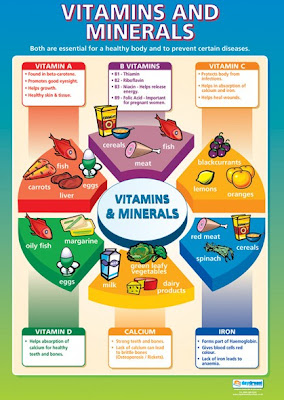Position Statement on Multivitamin
Researchers from the Harvard Medical School and the Harvard School of Public Health stated in a landmark review that all adults should take a multivitamin daily. The June 19, 2002 issue of The Journal of the American Medical Association (JAMA).
The aforementioned statement is quite compelling, and it is fairly naïve to think that we consume every health compound in optimal doses, ratios and at proper times from food alone on a daily basis. Any compound contributing to cellular performance has the potential to be sub-optimal when food alone is the matrix.
Why daily food intake may be insufficient -
- Lack of Knowledge by the general population to analyze, buy, store and prepare foods to meet their daily needs.
- Sedentary Environment – low energy needs make it hard to get in all the nutrients without consuming excess calories.
- Food Preferences – fast and convenient foods often are high in calories and low in nutrients.
- Inaccurate nutritional information on or in foods.
Therefore, given the safety margins of nutrients and the industry’s safety record, supplementation offers a sound and viable means of optimizing health and performance.
 |
| You need all of this stuff everyday. Good luck getting it solely through your food intake. |
Let's face reality
Here are 10 reasons why you should take a Multi Vitamin:
- No one eats perfectly.
- There is a TON of daily stress (which robs nutrients).
- Most of us eat based on convenience, not nutrition needs.
- Exercise increases your nutrient requirements.
- Fat Loss requires a calorie deficit. Nutrients are found in FOOD! Now you are eating crap AND eating less.
- Brain function requires optimal levels of nutrition.
- Athletic Performance places high demands on your body. Nutritional requirements are increased for recovery purposes.
- Inconsistent eating habits, insufficient chewing of food, eating on the run, and stress contribute to poor digestion, making it difficult for our bodies to extract all the nutrients it needs from food.
- Pharmaceutical drug use has escalated over time. Most medications deplete essential nutrients, making people more vulnerable to deficiencies.
- Specific times in life and health conditions may result in higher needs of certain nutrients. For example, folic acid needs tend to be higher during pregnancy, while menopausal women may be vulnerable to calcium deficiencies.
- BONUS - Increasing levels of environmental pollution in our air, water and food may cause our bodies to use more nutrients than normal to detoxify and eliminate harmful substances. This is especially true of the antioxidant vitamins, some of which include: the “ACE Vitamins:” Vitamins A, C, and E.
Do yourself a favor and take your Multi Vitamins.
Yours in health,
Robert J DeVito

No comments:
Post a Comment